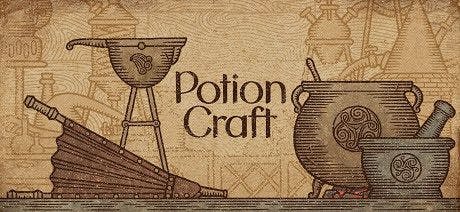749 reads
A Look at Potion Craft: An Alchemist Simulator
by
December 27th, 2022
Audio Presented by

A badass wordsmith who loves using video games as a medium to tell stories, whether scripted or freeform.
About Author
A badass wordsmith who loves using video games as a medium to tell stories, whether scripted or freeform.
